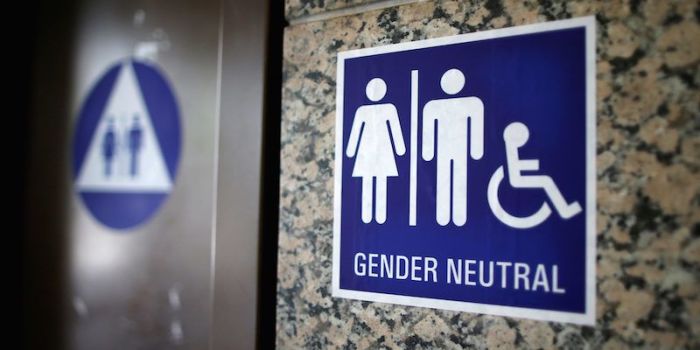Oregon First State to Offer 3rd Gender Option on Driver's Licenses

Oregon has become the first state to allow residents to be identified as neither male nor female on applications for driver's licenses, learner's permits and identity cards.
The Oregon's Transportation Commission has approved a new rule, which takes effect on July 3, allowing residents to select an "X" to appear instead of "M" or "F" on the cards, according to The Associated Press.
"It's fitting that this is before us during Pride Week in Oregon and Pride Month around the country," Commissioner Sean O'Hollaren was quoted as saying. "It's something that we should do because it's the right thing to do."
The new rule comes after a ruling last year by an Oregon judge allowed an Army veteran, Jamie Shupe, to legally identify as non-binary.
"I very much plan to head to the nearest DMV and ask for that ID to be corrected on July 3rd," Reuters quoted Shupe as saying. "And then I'll no doubt stand out front of the building, or sit in the car, and cry."
In a similar move, the state of Illinois' social services policies now bar social workers from employment and foster families from caring for children if they refuse to facilitate a child's gender transition.
The state's director of the Department of Children and Family Services last month approved "enhanced department procedures" that established "mandatory minimum standards for LGBTQ children under its authority."
These state standards, reportedly drafted with the assistance of the American Civil Liberties Union, "will not tolerate exposing LGBTQ children and youth to staff/providers who are not supportive of children and youths' right to self-determination of sexual/gender identity."
However, in a report last year, distinguished scholars at Johns Hopkins University in Maryland argued that there is not enough definitive scientific evidence available to suggest that gay, lesbian and transgender individuals are born with a certain sexual orientation or gender identity.
The scholars also challenged the claim that discrimination and social stigma is the sole reason why those with same-sex attractions or transgender identity suffer higher rates of mental health problems.
"Studies of the brains of homosexuals and heterosexuals have found some differences, but have not demonstrated that these differences are inborn rather than the result of environmental factors that influenced both psychological and neurobiological traits," the report read. "One environmental factor that appears to be correlated with non-heterosexuality is childhood sexual abuse victimization, which may also contribute to the higher rates."





























